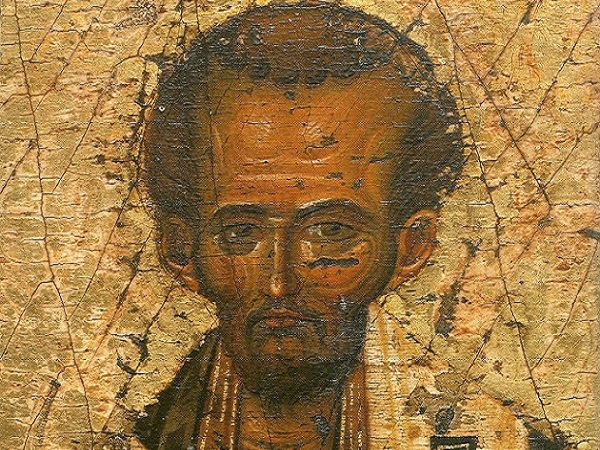The Greatest Form of Knowledge (Archimandrite Theofilos Lemontzis, D. Th.)
27 Απριλίου 2017
[Previous post: http://bit.ly/2oxF44k]
The ability to forgive others depends on how honest we are with ourselves. ‘The greatest form of knowledge to which you can attain’, says Saint Clement the Alexandrian, ‘is to know yourself’. If you know yourself, you know nature, the limits and the possibilities of your existence and you can put yourself on a proper footing with God, your neighbour and yourself. It’s impossible to arrive at forgiveness unless we’re aware of the personal sinfulness lurking within us. It’s impossible to attain transfiguration without awareness of our personal enslavement to the passions. Recognition of our sickness isn’t a psychological weakness, but our decision to understand that: ‘all have sinned, and fallen short of the glory of God, being justified freely by his grace through the redemption that is in Christ Jesus’ (Rom. 3, 23-4). We have to understand that it’s not only other people who make mistakes but that we do also. Archimandrite Sophrony says that this sense of sin is a great gift from heaven and is greater than being able to see angels. It’s this sense which enables us to forgive.

Every wound, bodily or spiritual, needs time to heal completely. The same is true for the forgiveness of an action or attitude which has grievously wounded us. Forgiveness is a conscious act and a decision which matures gradually, with the passage of time. The time people need to be able to forgive genuinely varies from person to person and depends on many factors, such as their spiritual maturity, seriousness and the consequences of what they’ve suffered, the particular concatenation of circumstances, who the perpetrator is, whether they recognize their error and, in particular if they show signs of real remorse towards the party they’ve harmed.
Naturally, not all the faithful are at the level of spiritual maturity of being able to leave behind them the hostile feelings of anger. But this is no justification. It needs prayer, effort and pain. Since none of us can, from one minute to the next, acquire the heavenly gift of love and forgiveness in the form that Saint Dionysios of Zakynthos teaches us, we have to work hard at it, with the saints as our examples, because they walked in the steps of sinless Jesus, Who forgave those who were crucifying Him. So let us forgive other people wholeheartedly, let’s read, simply and humbly, the Ladder of Saint John the Sinaite, who urges us, in his first discourse, to flee from our old life of the passions, of hatred and sin, of attachment to material goods and to the unwholesome love of ourselves, but rather to progress in humility, as he says in his last discourse, towards an encounter with and likeness to God, that is with Love itself, since ‘God is love’, as Saint John the Evangelist teaches us (I Jn. 4. 8).





